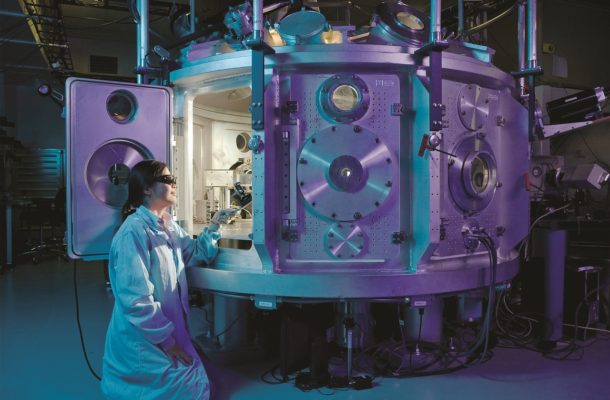Cooperative Research Council review

The six short-listed Cooperative Research Council proposals for the 19th Selection Round submitted their full bids last week. Future Fuels, Smart Farming, Digital Health, Fighting Food Waste and Fraud, Future Aging and MinEx have all now completed their paperwork and await interview by the CRC Advisory Committee on February 8th or 9th 2018.
Minister Cash will announce the successful applicants following advice after those interviews. As few as two or as many as four are likely to be funded, depending on the final budget requests and approvals.
Interviews will all be conducted in Canberra and last an hour, including a 15-minute presentation from the bid team. They are not the drawn-out affairs of old where interviewees were subject to detailed scrutiny of experiments to be conducted half a decade away.
I well remember one seasoned CRC ‘visitor’ in an interview practice going so hard at a researcher that I tried to lighten mood by saying “I don’t think the point of the interview is to make the researchers cry”, to which he responded “No, that’s just a bonus”. And I was meant to be bad cop!
Modern interviews for a CRC are much more of a business discussion about the overall proposal and are a chance for the CRC Advisory Committee to gauge the team involved and reality check the bid. At the end of the day, the Committee is making a decision that is largely based on trust; trust that this particular group will deliver value for the government’s investment.
It is the last opportunity to impress the Committee and it can and does make a difference to their final recommendation to the Minister. All six bidders in this year’s round will conduct a practice session with the CRC Association ahead of their final interview.
The 20th Selection round is already shaping up, many months before its mid-2018 first stage deadline. Seven completely new bids are already listed on the CRC Association’s website, and should be joined by at least two others over the next few weeks. Five bids in the current round have failed to get to interview, but feedback from the Committee indicated that most were still highly considered.
With not all interviewed CRCs set to be funded; revived bids from those not shortlisted this year and completely new bids, we could easily see more than a dozen full CRC proposals in the 20th selection round. Six CRCs are due to finish in mid 2018 and 10 finish in mid 2019.
Development of new CRC proposals can vary substantially in their origin. Everyone now appreciates the need for early and strong industry leadership, but CRCs can spring from a good idea from an academic or academic group. Determined business people can visualise what is needed in their sector and drive it hard.
The Mining sector held a wide consultation at this year’s International Mining and Resource Sector Conference in Melbourne, further refining ideas into the broad themes of Energy Metals/Minerals; Digital Mining and Energy/Water Efficiency in subsequent months for further development. The Industry Growth Centres are playing important roles in bid consultation, development and connecting the interests within sectors.
The CRC Association is keen to assist bidders and potential bidders to present their very best case to government. That is why we encourage earlier, in-depth discussions, many months ahead of the official opening of the selection round.
We know that collaboration takes time to develop and a major proposal such as a CRC needs to be subject to scrutiny from every angle to develop fully. Participants need to invest significant resources into the CRC and these can’t be found at short notice. Although ‘Value for Money’ is officially 10% of the selection criteria weighting, the relative ‘skin in the game’ from industry is vitally important.
It is hard to imagine the Advisory Committee recommending any bid if they feel the sector involved is not pulling its weight (and with increased dollar requests from government, don’t expect to see any backing off in this area). Beyond the money issue, the value of the collaboration comes from the different type of thinking and various approaches offered by participants with a common interest but different viewpoint. It takes time for each viewpoint to be properly considered.
The formation of the Defence CRC for Trusted Autonomous Systems, announced by Minister Christopher Pyne, is separate in a budget and selection sense, but marks an important development in the government’s thinking about the CRC Program and how to best to conduct collaborative research in Australia.
The first Defence CRC will work on Trusted Autonomous Systems with BAE Systems Australia, RMIT University, DefendTex and the Department of Defence, represented by Defence Science and Technology Group.
The Defence CRC is being set up under the Next Generation Technologies Fund, which is investing $50 million invested over seven years to deliver trustworthy smart-machine technologies for new defence capabilities based on advanced human-machine teaming concepts. Two more Defence CRCs are expected in 2018.
Dr Tony Peacock has been the Chief Executive Officer of the CRC Association since 2010. An agricultural scientist turned innovation advocate, he is an Adjunct Professor of Applied Ecology at the University of Canberra and sits on several administrative boards.





